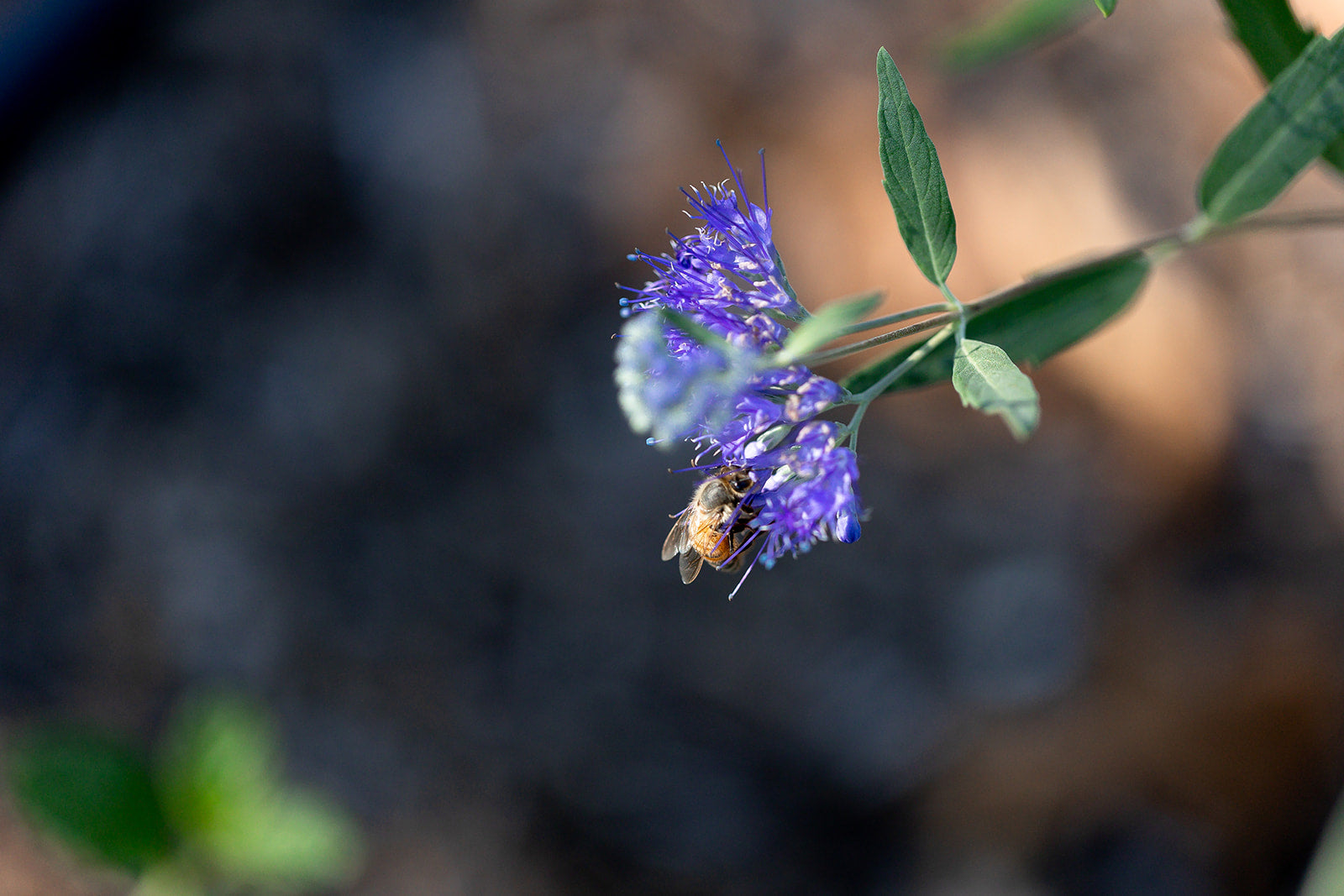Our Business is Rooted in Plants
And for us, it’s a business imperative that we care for the ecosystems where these plants live and thrive. Sustaining is not enough. To continue providing accessible botanical wellness, we need to grow our supply of high-quality herbs. This requires investing in the places where these plants thrive—and the people that steward them.
We believe that everything is interconnected, which means supporting ecosystems and the farmers and collectors who harvest and gather our herbs. Finding opportunities to reduce or eliminate emissions at the source, we support organic and regenerative farming practices as well as voluntary certifications like Organic and FairWild. These ensure the absence of pesticides, herbicides, as well as the ongoing sustainability of wild collection, and the health and livelihoods of the collectors who forage. Tapping into this deep human-plant relationship connects us to a world of well-being.
Organic from Farm to Cup
It starts with organic. We choose to source organic because we believe in the positive impacts it has on environmental sustainability, biodiversity, and overall ecosystem health. Organic helps us to increases transparency while prioritizing consumer well-being and farmer success, which is key to producing the high-quality herbs we source.
Organic farming is agriculture that minimizes synthetic chemicals and doesn’t employ the use of genetically modified feeds, seeds, or ingredients. The impact from organic farming helps to create a vital ecosystem through improved soil health, water quality, pollinator habitats, and biodiversity. Organic farms also have increased carbon sequestration potential through long-term carbon storage in the soil, helping to mitigate climate change.
One of the benefits of organic that we most value is farmer health. We care deeply about the people who produce our herbs and ensuring that they are not exposed to synthetic chemicals found in conventional agriculture.
Wild about Plants: FairWild® and Wildlife Friendly®
There is something special about herbs foraged from wild ecosystems.
FairWild and organic certification are complementary but have fundamentally different approaches. While Organic certifications are based on the principles of organic agriculture, including the absence of chemical fertilizers, pesticides, and herbicides, FairWild focuses on the interplay between ecological and social sustainability for wild collected plants. Both are key components in how Traditional Medicinals continues to support biodiversity through its sourcing practices.
FairWild estimates that there are roughly 30,000 plant species with medicinal or aromatic uses, with up to 90% of those in trade being wild collected. Of the 7% that have been assessed by the International Union for Conservation of Nature (IUCN) Red List™, one in five are threatened by extinction, with over-exploitation a contributing factor.
We consider it part of our work to protect these spaces by supporting FairWild-certified sources. FairWild ensures that these precious ecosystems are protected from overharvesting and are given the appropriate amount of time to regenerate after collection. This is accomplished through ecosystem resource assessment and conservation management strategies. FairWild validates the quality of our wild herbs and the healthy maintenance of the biodiverse environments they come from.
FairWild certification prioritizes the well-being of collectors and producers. Through fair labor and producer protections, these important workers are paid fair market prices for their products, and additional premiums to support their investment in regenerative practices. With fair pay, collectors can prioritize their health and the health of their families. Through ensuring the sustained success of these wild herb communities, we are ensuring botanical wellness products for our customers for many years to come.
We Can’t Do this Alone
We are committed to participating in protecting the ecosystem and the complex interrelationships that maintain biodiversity and wild areas.
It will take key partnerships to deliver on our mission to source ethically, reduce our footprint, and protect the plants. Memberships at organizations that align with our purpose provide licensing, certifications, and critical partnerships for access and influence. Partnerships with these organizations allow us to proactively pursue change within our industry.
We will continue to prioritize standards and partners that holistically address environmental, social, and ecological issues threatening ingredient production and the surrounding community. We will work to onboard regenerative partners within our supply network to increase our emphasis on protecting people and restoring ecosystems.
We recognize that the practices and standards that these certifications uphold are not new, they have roots in indigenous knowledge and traditions. We deeply appreciate and acknowledge the long time stewards of these lands. We are grateful for their care of medicinal plants and are continuing our work to ensure that we are treating their generational knowledge with respect.
We are committed to participating in protecting the ecosystem and the complex interrelationships that maintain biodiversity and wild areas.


